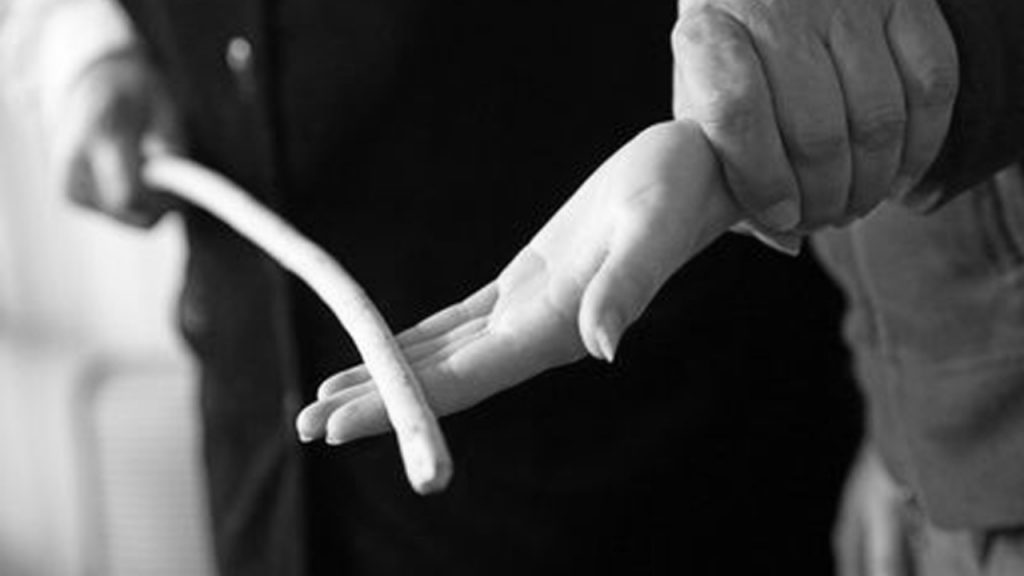The Federal Directorate of Education (FDE) gave the direction to heads of all educational institutions to be watchful against corporal punishment as the new law against hitting students is implemented across the federal capital schools. The President of Pakistan, Dr Arif Alvi approved the Act on December 1.
The bill on banning corporal punishment was approved in the National Assembly on February 2021.
The new law states the teachers who commit corporal punishment will face serious consequences including compulsory retirement and dismissal from services.
A letter was submitted on December 22 by the FDE to 423 heads of institutes that come under them to ensure strict compliance with the new regulations. A huge penalty will be imposed on the individuals who are proven to be guilty.
The spokesperson of FDE, Abdul Waheed said: “We will ensure complete implementation of the Islamabad Capital Territory Prohibition of Corporal Punishment Act 2021. All heads have been informed about the new law and in case of its violation, the FDE will take action.”
According to the letter, there are two categories of penalties that are minor and major which will apply to the individuals.
A minor penalty includes withholding increment in salary or promotion for some specified time period, censuring. Halting from promotion and recovery from pay are included in this category.
On the other side, if a teacher is found guilty then they will face demotion to a lower position, compulsory retirement, removal, and dismissal from service come under major penalties.
The FDE also directed all institutions to hold orientation for staff members on the Act within one week of the issuance of the letter.
The law also explains that corporal punishment is such a physical force in which a student receives some degree of pain or discomfort, no matter how light it could be. Hitting (smacking, slapping, spanking) a child or with the use of the stick, belt, whip, shoe, wooden spoon, etc.
Physical force could be kicking, shaking, or throwing a child, scratching, pinching, biting, pulling hair, or boxing ears. Forcing a child to stay in uncomfortable positions, burning, scalding, or forced ingestion, for example, washing a child’s mouth out with soap or forcing him to swallow hot species, including mental abuse.
The court of the magistrate shall take the case when the complaint of physical punishment is registered either by a student to whom a physical force is inflicted, his parents, or next of kin.
The law will also be enforced in private schools. The federal government shall formulate a comprehensive system for the enforcement and monitoring of this law in private institutions whether registered or unregistered. It shall devise a system for complaints to address any corporal punishment.







